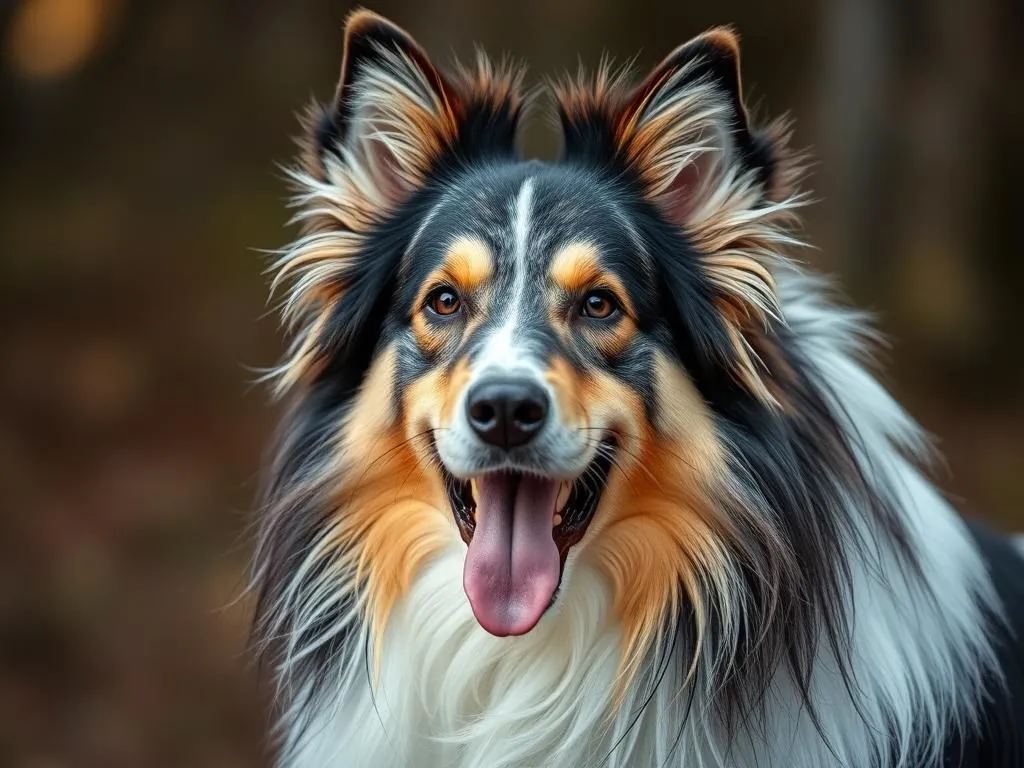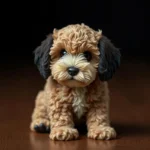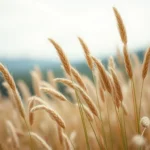
Introduction
Dog breeds play a crucial role in the lives of many pet owners. Each breed brings its own unique characteristics, temperaments, and care requirements. Among these breeds, the Afghan Collie stands out for its striking appearance and rich history. This article aims to provide an in-depth look at the Afghan Collie, covering its characteristics, history, care needs, and overall suitability for potential owners.
Overview of Dog Breeds
Importance of Dog Breeds
Understanding dog breeds is essential for prospective pet owners. Each breed is classified based on various traits such as size, temperament, and purpose, which can significantly affect the owner’s experience. For example, some breeds are more suited for active families, while others may thrive in quieter environments. The Afghan Collie is a perfect illustration of how breed classifications can influence dog ownership, with its unique traits demanding specific care and training.
The Role of Breeding in Dog Characteristics
Selective breeding has a profound impact on the traits exhibited by different dog breeds. Breeders aim to enhance desirable characteristics, such as appearance, temperament, and health. Breed standards set by kennel clubs further guide these efforts, ensuring that dogs meet specific criteria. The Afghan Collie, with its elegant stature and unique coat, has been shaped by years of careful breeding to maintain its distinctive features.
The Afghan Collie: A Unique Breed
Breed Origin and History
The Afghan Collie boasts a rich history that dates back centuries. Originating from the mountainous regions of Afghanistan, this breed was initially used for hunting large game like deer and leopards. The breed’s agility and keen sense of sight made it an invaluable companion for hunters. Over time, the Afghan Collie became a symbol of nobility in Afghan culture, often associated with royalty and luxury.
As the breed made its way to the Western world in the late 19th century, it gained popularity for its stunning looks and graceful demeanor. The introduction of the Afghan Collie to dog shows helped cement its status as a beloved breed, leading to its recognition by various kennel clubs.
Physical Characteristics
The Afghan Collie is known for its striking appearance, characterized by a long, flowing coat that can come in a variety of colors, including black, gold, and brindle. Adult Afghan Collies typically stand between 24 to 28 inches tall at the shoulder, with males generally being larger than females. Their long, narrow heads and distinctive “topknot” of hair add to their elegance.
What truly sets the Afghan Collie apart is its unique coat. It requires regular grooming to maintain its beauty, but when properly cared for, it showcases a luxurious sheen that turns heads wherever the dog goes.
Temperament and Behavior
The temperament of the Afghan Collie is as unique as its appearance. These dogs are known for their loyalty and independence, often forming strong bonds with their families while retaining a sense of self-sufficiency. They can be aloof with strangers, making them excellent watchdogs, but they are affectionate and playful with their owners.
Intelligence is another hallmark of the Afghan Collie. While they can be somewhat stubborn, proper training and socialization can lead to a well-mannered companion. The breed tends to be playful and enjoys engaging in various activities, making them a great choice for active families.
Care Requirements for Afghan Collies
Grooming Needs
Grooming is one of the most significant aspects of caring for an Afghan Collie. Their long, flowing coat requires regular brushing—at least two to three times a week—to prevent matting and tangling. During shedding seasons, daily grooming may be necessary to keep the coat in optimal condition.
In addition to brushing, regular bathing is essential to maintain the health and cleanliness of the coat. It’s advisable to use a mild dog shampoo to avoid skin irritation. Regular grooming not only keeps the Afghan Collie’s coat looking beautiful but also helps to check for any skin issues, parasites, or other health concerns.
Exercise and Activity Levels
Afghan Collies are energetic dogs that require regular exercise to stay healthy and happy. A minimum of one hour of exercise per day is recommended, which can include walks, runs, and playtime. Activities like agility training, which taps into their natural athleticism, can also be beneficial.
These dogs enjoy being active and thrive in environments where they can run and explore. Engaging them in various activities not only helps keep them physically fit but also mentally stimulated, reducing the chances of boredom-related behavioral issues.
Nutrition and Feeding
Providing a balanced diet is crucial for the overall health of your Afghan Collie. High-quality commercial dog food that meets their nutritional needs is essential. Look for food that lists meat as the primary ingredient and is free from fillers like corn and soy.
Feeding schedules can vary, but adult Afghan Collies typically do well with two meals a day. Portion sizes should be adjusted based on their age, weight, and activity level. As with any breed, it’s important to consult with your veterinarian for specific dietary recommendations.
Training Afghan Collies
Early Socialization
Socialization is vital for Afghan Collies, especially during their formative months. Exposing them to various environments, people, and other animals can help them develop into well-rounded dogs. Early socialization helps curb their natural aloofness and encourages friendly behavior with strangers and other pets.
To facilitate this, consider enrolling your Afghan Collie in puppy classes or arranging playdates with other dogs. Gradual exposure to different situations can help reduce anxiety and create a more confident dog.
Basic Training Techniques
Training an Afghan Collie can present challenges due to their independent nature. However, with patience and consistency, they can learn a variety of commands and tricks. Positive reinforcement is the most effective training method for this breed, as they respond best to praise, treats, and rewards.
Setting clear boundaries and being consistent with commands is crucial. If challenges arise during training, consider seeking assistance from professional trainers who are familiar with the breed’s specific traits and tendencies.
Health Considerations
Common Health Issues
Like all breeds, Afghan Collies are susceptible to certain health issues. Common concerns include hip dysplasia, eye conditions (such as cataracts), and skin problems due to their long coats. Regular veterinary check-ups are essential to monitor for these conditions and ensure your dog remains healthy.
Early detection and treatment can greatly improve the quality of life for your Afghan Collie, so staying vigilant about their health is paramount.
Preventative Care
Preventative care is an important aspect of keeping your Afghan Collie healthy. Vaccinations, flea and tick prevention, and regular dental care should all be part of your dog’s health regimen. Discuss a vaccination schedule with your veterinarian, and ensure you keep up with routine preventative treatments to help ward off common health issues.
Regular exercise and a balanced diet will also contribute to your Afghan Collie’s overall wellbeing, helping them maintain a healthy weight and a robust immune system.
Afghan Collies as Family Pets
Suitability for Different Lifestyles
The Afghan Collie can be a wonderful addition to various households, but they may be best suited for active families or individuals who can dedicate time to their care and exercise needs. Their independent nature means they may not be ideal for those seeking a constantly cuddly companion.
However, for those who appreciate a loyal and dignified dog with a playful spirit, the Afghan Collie can be an excellent match. Evaluating your lifestyle and activity level will help determine if this breed is the right fit for you.
Interactions with Children and Other Pets
Afghan Collies generally do well with children, especially when raised alongside them. Their playful nature and loyalty make them great companions for kids. However, supervision during interactions is essential, especially with younger children who may not understand how to behave around dogs.
When it comes to other pets, Afghan Collies may have a prey drive due to their hunting background. Gradual introductions and proper socialization will help foster positive relationships with other animals. Early training and socialization can mitigate any potential issues in multi-pet households.
Conclusion
The Afghan Collie is a breed that combines beauty, loyalty, and intelligence, making it a unique choice for dog lovers. Their grooming needs, exercise requirements, and health considerations should be well understood by potential owners. With the right care, training, and socialization, Afghan Collies can thrive as cherished family members.
Considering adopting an Afghan Collie? Researching and preparing for the responsibilities of breed ownership can lead to a rewarding experience filled with companionship and love. Embracing the joys of sharing your life with an Afghan Collie will undoubtedly enrich your everyday life.









